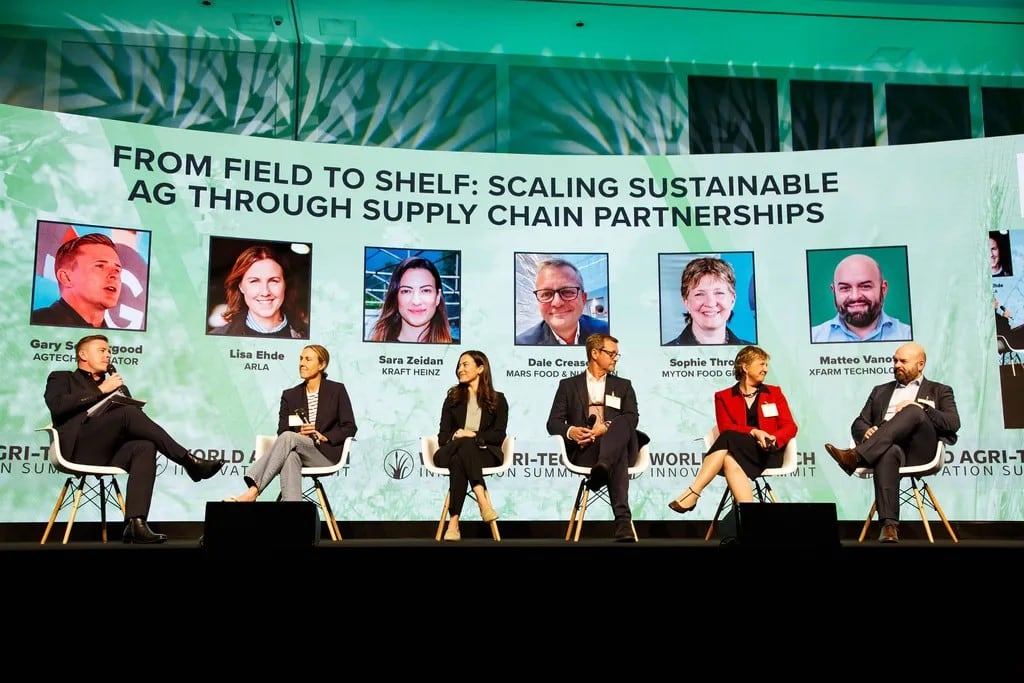Nestlé has confirmed its exit from the Dairy Methane Action Alliance (DMAA), a group it co-founded in 2023 to encourage food and dairy companies to publicly commit to cutting methane emissions. The move has prompted scrutiny over the robustness of its climate strategy.
“Following a review of its external partnerships, Nestlé decided to discontinue its membership of the Dairy Methane Action Alliance,” said Katie Anderson, senior director, business, food and forests at DMAA, in a statement to AgTechNavigator.
Despite the departure, Nestlé insists it remains committed to its Dairy Climate Plan and Net Zero Roadmap, reporting a 21% reduction in methane emissions since 2018.
The Alliance has made notable progress: seven members have published methane emissions data, and four have released action plans. It also offers open-source guidance and a free e-learning course for companies sourcing dairy. Members still include the likes of Danone, Kraft Heinz and Starbucks.
Transparency and accountability at risk?
There are complaints, however, that Nestlé’s move undermines a key initiative intended to improve transparency, accountability, and corporate action on methane reduction in the dairy industry.
“This is textbook greenwashing,” said Nusa Urbancic, CEO of the Changing Markets Foundation. “Nestlé enjoyed positive media coverage when it joined the Dairy Methane Action Alliance, but has now quietly exited as delivery deadlines approached.”
Urbancic expressed concern that Nestlé’s withdrawal comes at a time when scientists view methane reduction as one of the most effective ways to curb global heating. The move also raises questions about the climate commitments of Nestlé’s new CEO, who took office in early September.
“The move proves voluntary commitments are easy to make, and easy to break,” warned Urbancic. “We need to see government-led regulation to address the agricultural methane crisis and hold companies to account for their massive emissions.”
Corporate climate fatigue?
Nestlé’s move mirrors a broader trend: major corporations are retreating from voluntary climate coalitions amid mounting political and regulatory pressures.
In the financial sector, firms like HSBC, JPMorgan Chase, and Goldman Sachs have exited the Net-Zero Banking Alliance, while energy giants like BP and Shell have scaled back renewable investments.
This fragmentation – whether through public exits or quiet “greenhushing” – is weakening collective climate action across industries. Could the food and ag sector be next?
Consumers also seem weary
There is evidence the public mood is shifting too. Several recent UK surveys show that a significant portion of the population either doubts the achievability of Net Zero by 2050 or has concerns about whether the costs are worthwhile.
What it means for agtech
Agtech companies rely on corporate climate commitments to scale innovations, secure funding, and drive industry-wide change. Nestlé’s exit raises concerns about whether such partnerships will remain stable enough to support long-term sustainability goals.
As public scepticism grows and corporate momentum stalls, the agri-tech sector hopes Nestlé’s move is an exception – not a sign of sustained pushback.




